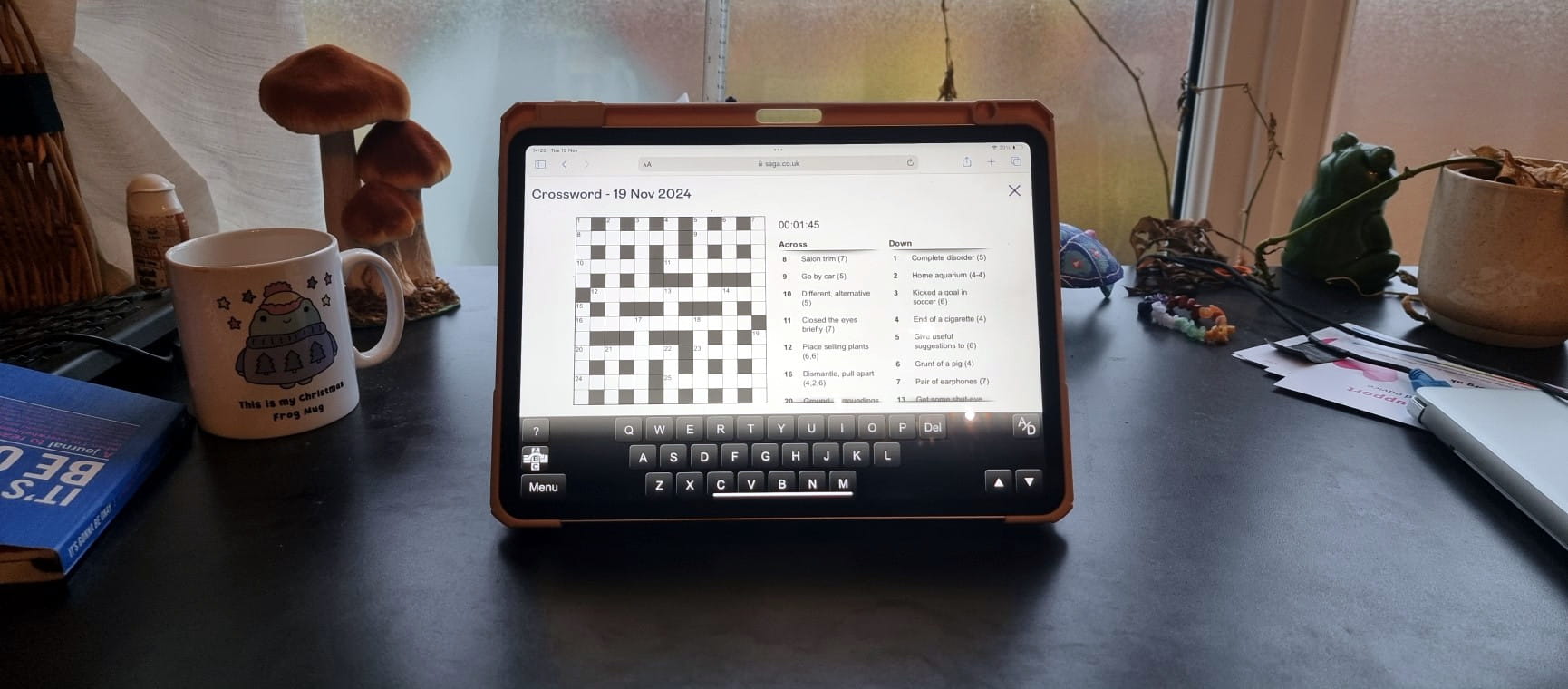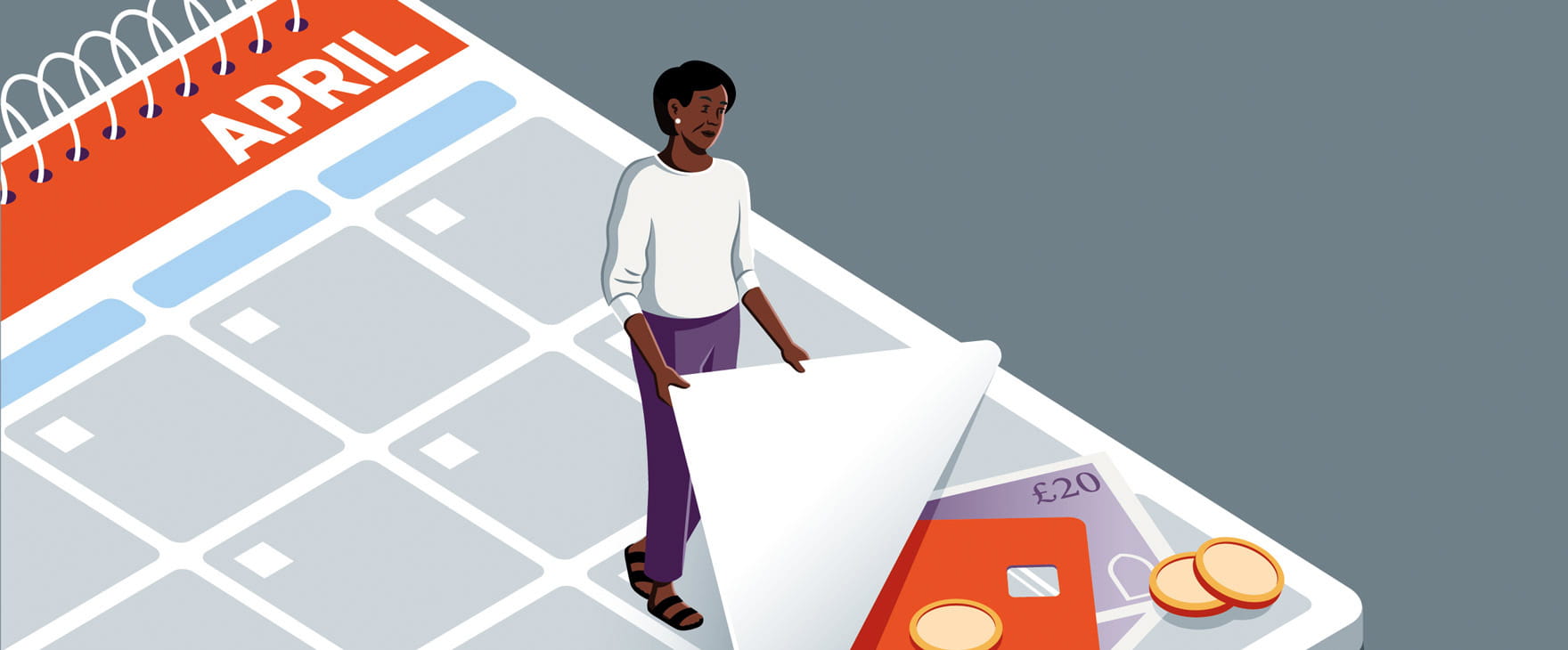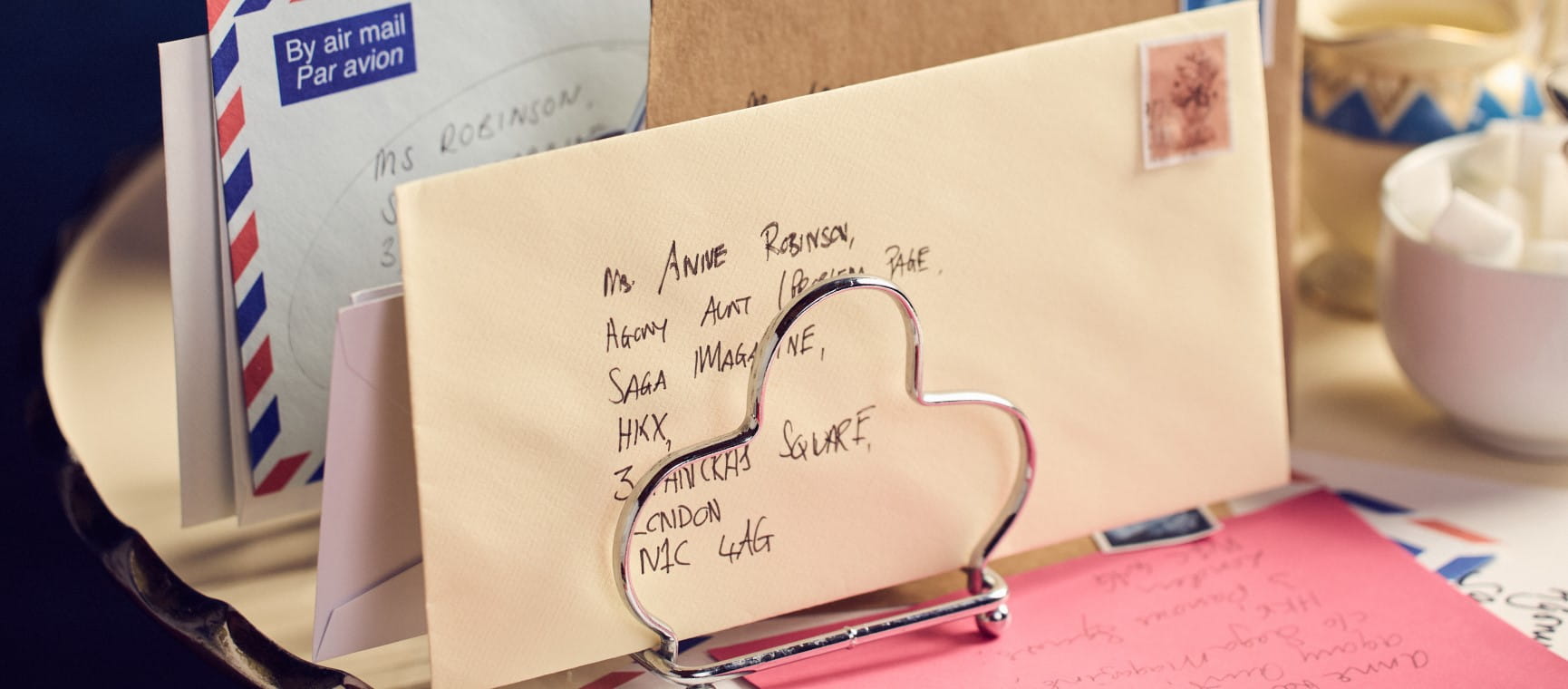
For nearly three million of us, solving Wordle has become a daily ritual, and everyone has a different approach to the popular word game.
For some users, they do the puzzle at the same time every day and use the same first word, while others are more inclined to dip in and out of it and come up with a random five-letter word as their initial guess.
On the surface it is just a daily game, but people’s playing technique can really say a lot them and how they handle everyday life.
“The way someone plays – how they pick their first word, how fast or slow they go, whether they post their results or not – is surprisingly revealing.
"It's not just about logic or vocabulary. It's about how they deal with uncertainty, pressure, reward, even failure,” says Claire Law, teacher, university counsellor, relational psychotherapist, and senior contributor at Holly Dog Blog.
Meanwhile, Steven Buchwald, managing director of Manhattan Mental Health, reveals, “The way we approach Wordle, be it methodically or impulsively, can reflect core behavioural traits like risk tolerance, problem-solving style, and emotional resilience. It's not just a puzzle; it’s a personality test in disguise.”
According to Law, the players who always use the same word want to be in control and like routine in their life.
“It gives them a system,” she says. “These are people who like structure and who want to minimise chaos. They feel more secure knowing they’ve ‘covered the vowels’ or started with a statistically strong guess.
"There’s often a bigger pattern here: those same people usually like routines in real life. They manage stress by planning, by prepping, by starting every situation with the strongest possible grip on what might happen next.”
Buchwald agrees and believes the people who consistently use the same words favour structure, logic, and predictability, which are all hallmarks of conscientiousness.

The most common starting words are ADIEU and AUDIO – which around 12% of players use – mainly due to the number of vowels they contain.
Buchwald believes that vowel-heavy words tend to attract individuals who are more likely to conform to society; he says it’s a much easier approach and can “signal a preference for safe and logical decision making”.
Those who go for less popular and more consonant-heavy words such as such as DRAWN, CRAVE, DOUBT and FIGHT normally have a different approach to life.
“These words are often more complex and require more pattern recognition so players may be more inclined toward risk-taking behaviour,” Buchwald says.
“Consonant-heavy words tend to have less obvious associations and can be trickier to decipher, suggesting that these players may be more comfortable with ambiguity and uncertainty –key traits of those who embrace risk.
"It’s possible that Wordle, in its seemingly simple format, acts as a microcosm of how we approach larger life challenges: through careful, calculated decisions or by stepping into the unknown.
"While this connection might seem speculative, the words we choose could reflect deeper psychological tendencies towards either stability or adventure.”
For those who like routine and structure, a repetitive ‘safe’ word will always be their go-to guess.
But what about those who play without a plan and just chose a five-letter word they feel like using? They enjoy the riskier things in life as well as trusting their own intuition.
Law says: “There are people who open Wordle and type whatever comes to mind. Something random, something funny, something related to their day. That usually tells me they’re more comfortable with not knowing where things are going.
"They’re playful. They don’t mind surprises. There’s a kind of trust in their own intuition. Sometimes they land the word quickly. Sometimes they don’t.
"But the point, for them, isn’t solving it fast. It’s being in the moment. That tends to show up in other areas of their life, too – more flexibility, more openness, a bit less need to feel ‘right’.”

With only six guesses permitted each day, solving Wordle isn’t always guaranteed. On average it takes UK players 3.89 guesses (15th place in the charts), with Sweden leading at 3.72. And while not solving it can be frustrating,
Law says your reaction can say a lot. “Some people get really upset or annoyed. Not outwardly, but in how they talk about it. It lingers. They might over-analyse their choices or go quiet about the game for a few days.
"That usually signals something deeper – maybe they hold themselves to high standards in general. Maybe they struggle with self-worth tied to outcomes. It’s not really about Wordle, but Wordle taps into the same emotional circuits as anything else that involves success or failure.
"The difference is that it’s low risk, so it reveals patterns that people don’t always recognise in their higher-stakes environments.”
These are the ones who will do anything not to lose their little counter and will log on at 11.58pm just so they don’t miss a day.
“That kind of attachment to the streak isn’t just about habit, it’s about identity,” Law states. “It’s about maintaining something continuous, even when life feels full of variables. When that streak breaks, it actually stings. Because it wasn’t just a number. It was proof of consistency.
"That attachment shows up in how people manage long-term goals, commitments, even relationships. There’s a drive to maintain, to not drop the ball. It’s admirable, but it can also be stressful if it’s not conscious.”
It may only be a small game but both Buchwald and Law believe the tactics of Wordle players give a great insight into human behaviour.
Buchwald says: “While some may argue it’s just a game and reading too much into it is a stretch, behavioural patterns often show up in the smallest habits. Wordle simply provides a low-stakes space for those tendencies to emerge.
"Want to better understand how you handle challenges or uncertainty? Pay attention to your Wordle moves. The daily puzzle may be simple, but it quietly reveals how your mind works under pressure.”
Law adds: “The truth is, Wordle isn’t just a game. It’s a quiet behavioural snapshot. The way we approach it – cautiously, playfully, obsessively, inconsistently – reflects how we deal with the small uncertainties of life.
"It’s a five-letter word puzzle, but it’s also a tiny stage where our patterns, our quirks and even our anxieties show up. Not in loud ways. Just enough to notice, if you’re paying attention.
"And once you start paying attention, you start to see that nothing we do is really random – not even Wordle.”
We've got more info on this popular daily word game and how to get started with Wordle.
Kate Randall is Saga Magazine's Digital News Editor. Kate has more than 20 years experience in print and digital journalism and specialises in news, entertainment and lifestyle.
In her spare time, she loves trying out the latest exercise trends and fitting in as many holidays as she can.


Health insurance for people over 50 that provides a quicker route to diagnosis and planned medical treatment in a private facility.
Underwritten by Bupa Insurance Limited.

The ultimate guide to Saga Puzzles, full of technical tips, tricks and hints.

With the start of the new financial year on 6 April, our money expert explains the changes to your pension, benefits and taxes.





